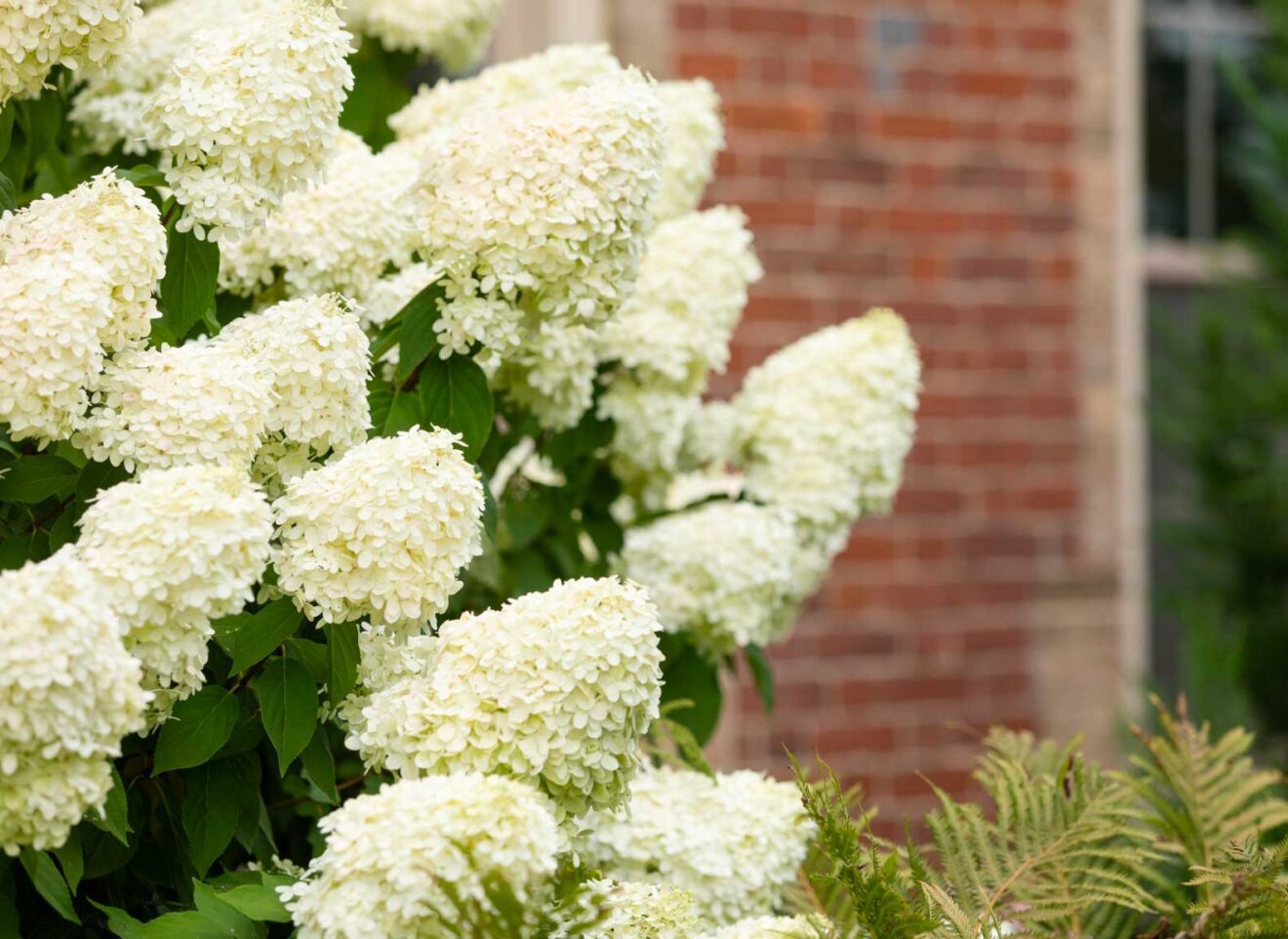It’s tempting to want to leave the city and all the stress that comes with it for a charming countryside home. Sometimes, even the suburbs don’t feel private enough to be the oasis you want your home to be, but before you purchase a home in a rural area, there are a few things you should know.
Thinking about buying a home soon? Download our Homebuyer Handbook right here.
1. You are in charge of your sewage
Most homes in rural areas of Ontario run on septic tank systems rather than city sewage systems. This means that your home’s wastewater system is not managed by the city, and therefore its maintenance and upgrades/replacement are your responsibility.
Your septic system typically includes a septic tank and septic bed however there are many types of septic systems available today. You will need to ensure your septic system is regularly inspected, keep an eye out for when you need it pumped or serviced and be more conscious of what items are being used in your home and are entering your tank.
2. Your water may not be drinkable or have enough supply
If your property is drawing its water from a private well versus city water the good news is you don’t have to pay for it! Well water can be some of the best tasting water! Just ask my kids! With well water you do need to monitor it and test it regularly to ensure it’s potable (drinkable).
Testing kits are free through most municipalities. You may need to purchase a water filtration system to add to your well system or include such items as UV lights, sulphur or iron removers. You also want to ensure the home has enough water supply to support your family’s daily needs. Be sure to get a potability and flow test when making an offer on a rural home to avoid unforeseen problems.
Get more homebuying resources with these posts next:
- Sustainable Real Estate: Green Homes on the Rise
- Looking for a Home? Now is the Time to Think About What You Want
- Halton Neighbourhoods on the Rise
3. Your new home may be on a private road
If your new home is on a private road, make sure you factor in annual maintenance fees in your budget. Fees can cover things like snow removal, paving and various other aspects of maintenance. Sometimes this cost is split with other landowners who reside on the street through a homeowner’s association but ensure you know all this information before purchasing.
4. Garbage day can be a little different
When living in the city, all you have to do is set out your bins the night before garbage day; put out recycling, and many municipalities collect the green bin waste as well. In rural areas, you may have to run your garbage to the local dump or purchase pay per use bags for disposal of regular garbage.
There may also be private waste services available in your area to collect your weekly/bi-weekly garbage for a small fee. Typically, you can do composting on your own property, but be sure to check the curbside collection schedule as well.
5. Snowfall in Ontario can get heavy
In the city, snow removal is taken care of by the local government. Out in the country, things are a bit different. As previously mentioned, if your home is located on a private road, you are responsible for your own snow removal. This can mean getting a plow for your vehicle or hiring a company to remove the snow for you.
Snow days may be more frequent as access can be difficult at times, and without proper equipment your driveway may be your biggest obstacle! Keep all of these things in mind when making an offer on a rural home, as you will need to work these costs into your monthly budget.
6. Property lines aren’t so clear-cut
In the suburbs, your property line typically ends at your fence-line; it’s as easy as that. In rural areas, though, your property is often fenceless or only partially fenced, making it difficult to know where your land ends and your neighbours begins.
Before purchasing a property, get a copy of the property survey if available or get it surveyed, so you know the boundary lines. This knowledge is helpful for several reasons, one of which is to avoid any future disputes with your neighbours. You also need to know what your responsibility is to maintain and what is not.
7. Rural internet speeds
In-town properties pretty much have full service options available for high speed internet. For rural properties, not so much. Many areas still don’t have great coverage for high speed or have any high speed available at all. If you are looking for a country property and high speed internet is a must, be sure to ask all the right questions before moving forward. This is becoming increasingly important as more people are looking to live further out but have a need to work from home.
8. Farming smells and noises
As with city properties there are different noises and smells to get used to with country living. While we don’t have street cars, traffic and bright lights, residing close to areas that are zoned for or used for agricultural activities means you will have to accept the noises and smells that go along with that.
This could include dust, operation of machinery during any 24 hour period, storage and utilization of manure, spraying of chemical fertilizers and so forth. Some pluses about all this activity in rural livings include your animal neighbours, slow moving tractors on the country roads and a lot less light pollution to enjoy those beautiful starry nights!
Our two cents
While this list may make the Ontario countryside seem daunting, it’s actually not that complicated. These are just some things that we have found that are important to our clients and important for them to know when purchasing a home outside city limits.
If you’re prepared to make these changes in your lifestyle, looking for more privacy and have appropriately budgeted for all of the maintenance that comes along with a rural property, then rural living could be for you!
With our industry knowledge and real-life experiences, we here at The Lisa Hartsink Team can guide you through the process of buying a rural property. We live and breathe country living and want to help our clients find their rural dream home and make the best buying or selling decision for them and their families. From the very start of your search to beyond the day of closing – whether it’s a house, townhome, condo, cottage, farm or commercial property that you are looking to invest in or sell, we can help.
Contact us today at 905-873-9944 or info@lisahartsink.com.

Get Started Today
Buying or selling in Halton Hills and Georgetown? See what the Lisa Hartsink Team is all about and how we can help you.








